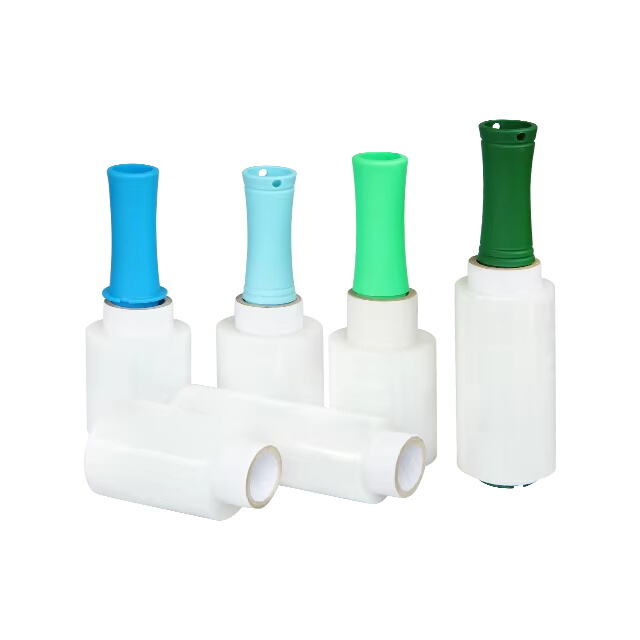Cost Efficiency and Resource Optimization
Lower Material and Transportation Costs
Plastic film, integral to modern packaging solutions, offers a significant reduction in material costs due to its lightweight and durable properties. By utilizing plastic film, businesses can capitalize on its cost-effectiveness. One key advantage is its reduced weight compared to traditional packaging materials, which translates to notable savings during transportation. Lighter materials, such as plastic film, require less fuel for shipment, significantly reducing transportation expenses. This translates into a lower carbon footprint and contributes to enhanced sustainability goals. Logistics experts recognize the potential for lower operational costs and overall supply chain expenses when adopting plastic film, setting a precedent for resource-efficient practices.
Reduction in Production Waste
One of plastic film's most notable advantages is its ability to minimize production waste effectively. The precision with which plastic film can be applied ensures that excess materials are kept to a minimum during manufacturing processes. This precision addresses waste management challenges and significantly reduces the volume of material discarded. Additionally, implementing recycling initiatives for production scraps plays an essential role in promoting a circular economy, aligning with sustainable practices. According to industry reports, companies transitioning to plastic film have managed to reduce waste by up to 30%, which is a remarkable achievement in resource optimization. This reduction enhances sustainability measures and validates the importance of integrating plastic film into production strategies.
Enhanced Product Protection and Durability
Resistance to Environmental Factors
Plastic film is specifically engineered to provide robust resistance to various environmental factors like moisture, UV light, and temperature fluctuations, effectively prolonging product durability. Studies have highlighted that goods encased in plastic film endure less damage during transit compared to traditional packaging, underscoring its protective benefits. Moreover, the protective properties of plastic film help reduce spoilage and loss, which supports resource conservation and minimizes waste.
Long-Term Storage Solutions
Plastic film serves as an excellent option for long-term storage needs due to its superior moisture barrier properties, preserving the integrity of sensitive products. With recent advancements in film technology, specialized barrier films offer enhanced protection against oxidation and contamination, vastly improving product resilience. According to statistics, utilizing plastic film can extend the storage life of perishable goods by 50% more than conventional packaging, thereby offering a significant advantage in the preservation of products over time.

Environmental Benefits of Plastic Film
Recyclability and Waste Reduction
Plastic film plays a pivotal role in modern waste management due to its high recyclability. Many types of plastic film are entirely recyclable, which effectively contributes to lower landfill waste and supports sustainable practices. Initiatives by leading retailers and manufacturers have been pivotal in promoting plastic film recycling, resulting in a considerable increase in recovery rates in recent years. According to various environmental studies, efficient recycling processes can reduce plastic waste by up to 30%, significantly advancing waste reduction efforts. These endeavors are essential for maintaining environmental responsibility and supporting the circular economy concept.
Energy Conservation in Manufacturing
Utilizing plastic film can lead to significant energy conservation during manufacturing processes. Thinner plastic films require less material input, which directly reduces energy consumption, making the production process more environmentally friendly. Studies demonstrate that plastic film production can consume up to 60% less energy compared to other packaging materials. By transitioning to plastic film, businesses not only enhance energy efficiency but also align with corporate sustainability goals. This alignment is crucial across various industries aiming for greener production methods. Embracing plastic film in manufacturing not only aids in energy conservation but also supports broader sustainability initiatives, effectively contributing to energy-saving efforts.
Versatility in Industrial Applications
Exploring the versatility of plastic film in industrial applications provides insight into its customization potential and adaptability across various sectors.
Customization for Specific Industrial Needs
Plastic film can be tailored specifically to meet the diverse demands of various industries, enhancing performance and compliance with regulatory standards.
Customization Features:
- The thickness, texture, and functionality of plastic films can be modified, providing flexibility to cater to specific industrial requirements.
Industry Benefits:
- Industries such as food and beverage, pharmaceuticals, and electronics benefit massively from these tailored solutions, which can lead to enhanced performance and product safety.
Innovative Technologies:
- Emerging technologies like nano-coating allow for specialized packaging solutions that adhere to industry regulations while maximizing utility and protective benefits.
These customizable aspects underscore the role of plastic film in providing value and efficiency in industrial operations.
Adaptability Across Various Sectors
Plastic film's adaptability makes it indispensable across a wide array of industries, showcasing its multifunctional nature and contribution to operational efficiency.
Applications:
- It is widely used in agriculture, food packaging, construction, and healthcare settings, demonstrating its versatility and utility across different sectors.
Multifunctional Nature:
- Its properties make it ideal for both protective and decorative applications, meeting various industry needs with ease.
Industry Outcomes:
- Companies utilizing plastic films often see improvements in operational efficiency, highlighting the versatility and economic benefits it provides.
The extensive applicability of plastic film indicates its significance in enhancing operational productivity across sectors, making it a vital material in modern industry settings.
Streamlined Production Processes
Automation Compatibility
Plastic films stand as a pivotal component in automated production processes due to their seamless integration with various automated systems. This compatibility facilitates faster production rates and significantly reduces labor costs. By working harmoniously with high-speed machinery, plastic films enhance overall productivity within manufacturing environments. Studies indicate a remarkable 20% increase in output efficiency when processes are automated using plastic film. The flexibility and precision offered by plastic films in automation environments underscore their role in achieving heightened production efficiency.
Improved Handling and Logistics
Plastic film's lightweight and flexible properties contribute significantly to simplifying handling and transportation logistics. These characteristics not only reduce the risk of injuries in workplaces, enhancing safety for workers but also streamline logistical operations. Companies utilizing plastic films report a 15% reduction in handling time during logistics, as the films can conform to various shapes and sizes, optimizing packing and storage solutions. The ability of plastic films to adapt to diverse logistical requirements demonstrates their critical role in improving efficiency and safety in the transportation and storage sectors.
FAQ
What makes plastic film cost-effective for businesses?
Plastic film is cost-effective due to its lightweight and durable nature, reduced transportation costs, and lower material costs compared to traditional packaging materials.
How does plastic film contribute to waste reduction?
Plastic film reduces waste through precision manufacturing, minimizing excess material, and supporting recycling initiatives aligned with sustainable practices.
What are the environmental benefits of plastic film?
Plastic film is highly recyclable, reducing landfill waste and supporting sustainable practices. It also conserves energy during manufacturing, consuming significantly less energy compared to other packaging materials.
How does plastic film enhance product protection?
Plastic film offers resistance to environmental factors like moisture and UV light, protecting products and extending their storage life.
Why is plastic film favored in various industries?
Plastic film can be customized for diverse industrial needs, is adaptable across sectors, and enhances operational efficiency, making it indispensable in modern industry settings.


